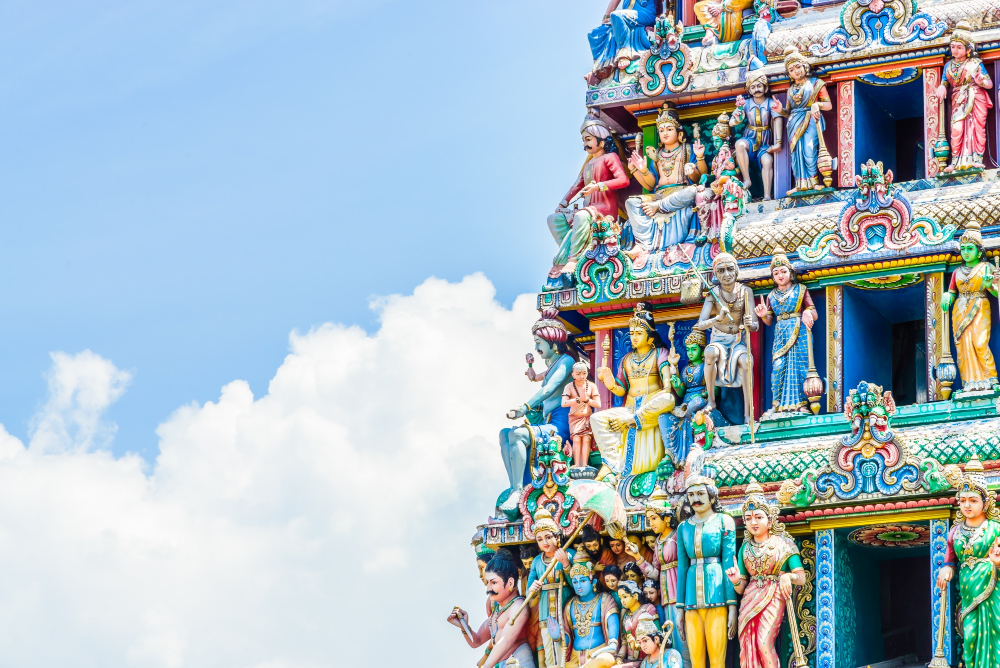AI becomes a new spiritual guide for worshippers in India
From virtual darshan to scripture-based chatbots, technology is becoming a bridge between modern life and ancient belief systems.

Across India, a growing number of worshippers are using AI for spiritual guidance. From chatbots like GitaGPT to robotic deities in temples, technology is changing how people connect with faith.
Apps trained on Hindu scriptures offer personalised advice, often serving as companions for those seeking comfort and purpose in a rapidly changing world.
Developers such as Vikas Sahu have built AI chatbots based on the Bhagavad Gita, attracting thousands of users in just days. Major organisations like the Isha Foundation have also adopted AI to deliver ancient wisdom through modern apps, blending spiritual teachings with accessibility.
Large religious gatherings, including the Maha Kumbh Mela, now use AI tools and virtual reality to guide and connect millions of devotees.
While many find inspiration in AI-guided spirituality, experts warn of ethical and cultural challenges. Anthropologist Holly Walters notes that users may perceive AI-generated responses as divine truth, which could distort traditional belief systems.
Oxford researcher Lyndon Drake adds that AI might challenge the authority of religious leaders, as algorithms shape interpretations of sacred texts.
Despite the risks, faith-driven AI continues to thrive. For some devotees, digital gods and chatbots offer something traditional structures often cannot- immediate, non-judgemental access to spiritual guidance at any time.
Would you like to learn more about AI, tech and digital diplomacy? If so, ask our Diplo chatbot!
